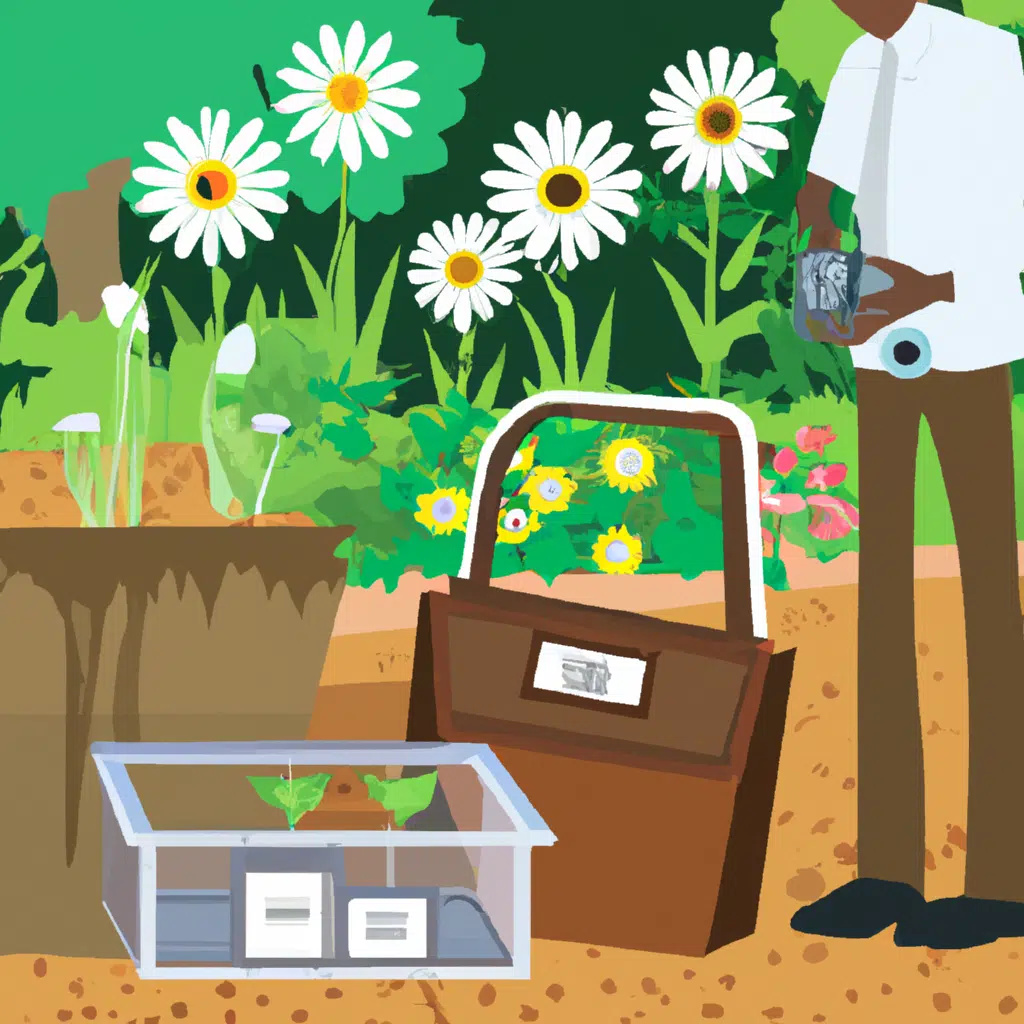If you’re a Kingsbury gardener, you know how important it is to have healthy plants. One of the key components of a healthy garden is healthy soil. But how do you know if your soil is healthy? The answer is soil testing. In this article, we’ll explore the importance of soil testing and how it can benefit your Kingsbury garden.
What is Soil Testing?
Soil testing is the process of analyzing a soil sample to determine its nutrient content, pH level, and other important factors. The test results can help you determine what amendments your soil needs to support healthy plant growth.
Why is Soil Testing Important?
Soil testing is essential for several reasons. First, it can help you diagnose problems with your garden. For example, if your plants are not growing well, a soil test can determine if your soil is lacking in nutrients or if the pH is too high or too low. Without a soil test, you may waste time and money on treatments that won’t solve the problem.
Second, soil testing can help you avoid over-fertilization. Applying too much fertilizer can harm your plants and the environment. A soil test can tell you exactly what nutrients your soil needs, so you can apply the right amount of fertilizer.
Finally, soil testing can save you money. By identifying nutrient deficiencies or imbalances, you can apply the right amendments and avoid wasting money on unnecessary treatments.
How to Test Your Soil
There are several ways to test your soil. You can purchase a soil test kit from a garden center or online retailer. These kits typically include a set of instructions and materials to collect a soil sample and test it for pH and nutrient content.
Another option is to send a soil sample to a professional lab for analysis. This method is more accurate and comprehensive than a home test kit, but it can be more expensive and take longer to get results.
What to Do With Your Soil Test Results
Once you have your soil test results, you can take action to improve your soil’s health. If your soil is lacking in nutrients, you can apply organic amendments such as compost, manure, or bone meal. If your soil’s pH is too high or too low, you can adjust it with lime or sulfur.
It’s important to note that soil testing should be done on a regular basis, especially if you’re growing vegetables or other high-value crops. A soil test every three years is a good rule of thumb.
Conclusion
Soil testing is a critical component of a successful Kingsbury garden. By testing your soil, you can diagnose problems, avoid over-fertilization, save money, and apply the right amendments to support healthy plant growth. Whether you use a home test kit or send your soil sample to a lab, regular soil testing should be a part of your gardening routine.


